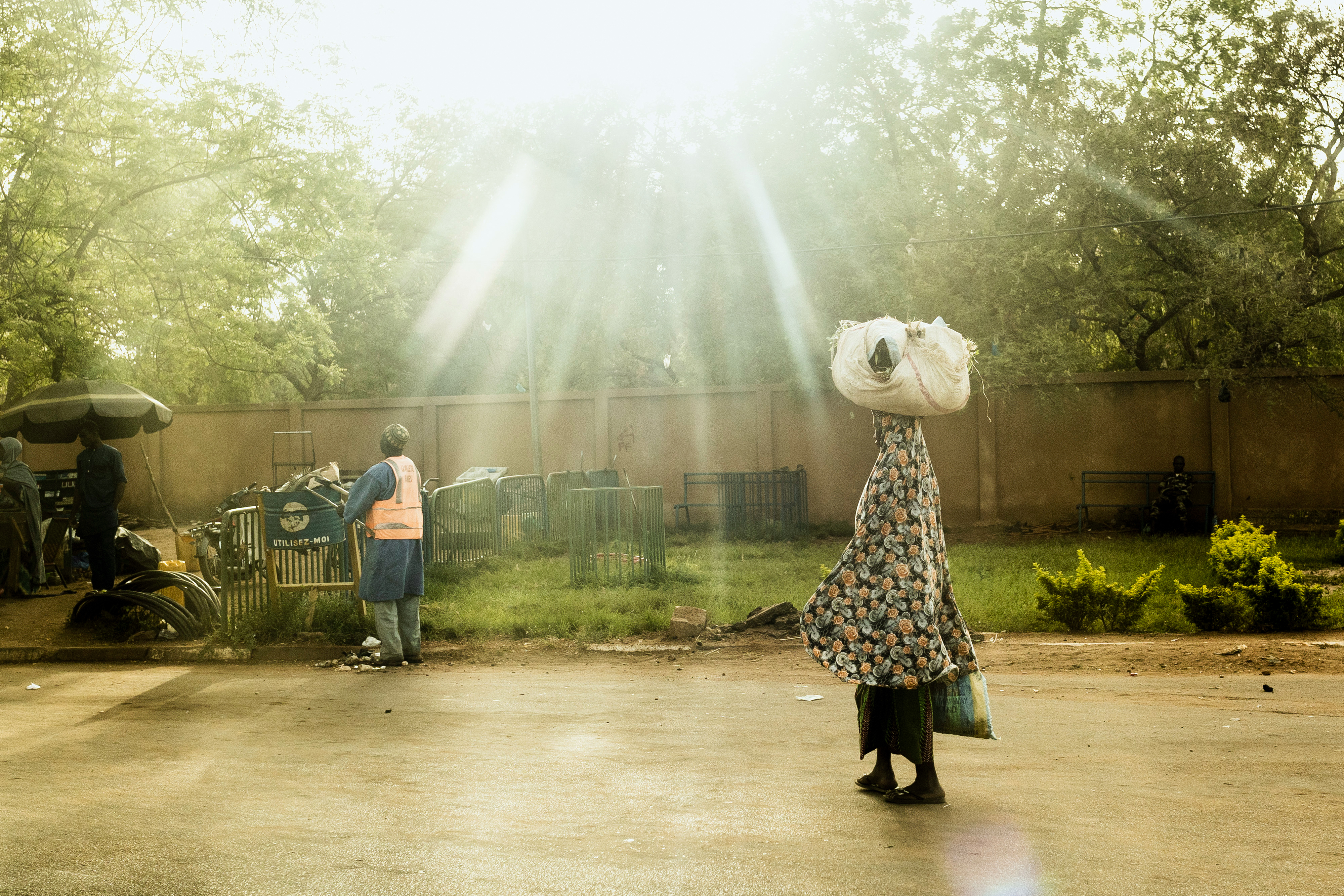A woman on a street in Niamey, Niger
Copyright© Florian Gärtner/photothek.de
Core area “Health, social protection and population policy” Maternal and child health
A new initiative “Promoting girls’ education in the Niger” has been launched. The project addresses the demand side in order to encourage letting girls remain in school. Regular transfer payments linked to school enrolment for girls from particularly vulnerable households are intended to reduce the financial burden on those households and act as an incentive for letting girls stay in school. These transfer payments are accompanied by awareness-raising campaigns explaining the importance of girls’ education, reproductive health and family planning. The BMZ is supporting the Niger with programmes promoting reproductive health, family planning and girls’ education, and for the prevention and treatment of obstetric fistula.
The BMZ continues to support the United Nations Population Fund (UNFPA) in its efforts to prevent and treat obstetric fistula, which affects around 15,000 women in the Niger. The primary cause is prolonged, difficult labour. Risk factors include young pregnancy and poor medical care.
As at: 05/05/2023

